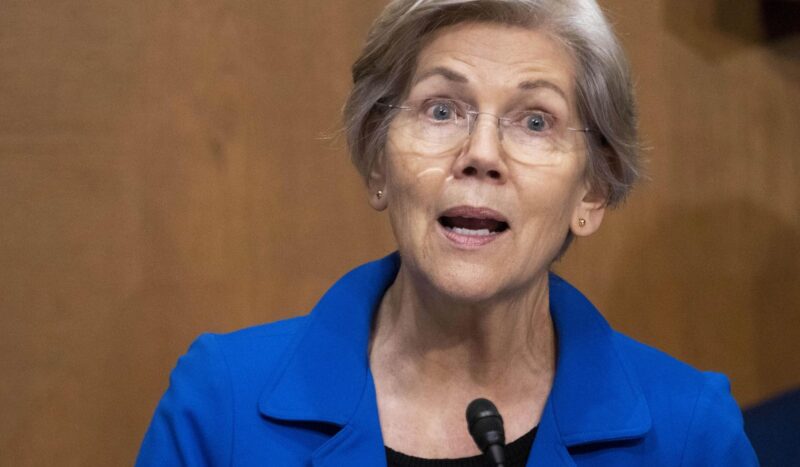The Consumer Financial Protection Bureau (CFPB), the brainchild of Sen. Elizabeth Warren, faced scrutiny at the Supreme Court on Tuesday. The case revolves around the issue of whether Congress can give the CFPB the power to set its own budget without seeking approval from lawmakers each year.
The outcome of this case has significant implications for Congress’ power of the purse and the extent to which it can delegate that power to the president. If the Supreme Court rules against the CFPB, it could potentially unravel a decade’s worth of agency decisions and even threaten the foundation of other agencies that rely on non-congressional funding.
During the arguments, some of the justices expressed concern about the potential consequences of ruling against the CFPB. Justice Elena Kagan, an Obama appointee, pointed out that the concept of granting budget independence to agencies is not new, citing historical examples such as the Federal Reserve and the U.S. Postal Service.
The CFPB was created after the 2008 financial crisis to regulate banks and financial institutions with a focus on consumer protection. It was designed to be an independent agency, with a single director who couldn’t be easily fired, and the ability to set its own budget by using funds from the Federal Reserve, up to a limit of $600 million.
Opponents of the CFPB argue that not only the agency’s firing limits, but also its budget independence, are unconstitutional. They argue that Congress should have more control over the agency’s funding and that the appropriations clause of the Constitution should be interpreted more narrowly.
The case ultimately comes down to the interpretation of Congress’ spending power and whether it has the authority to delegate budgetary decisions to independent agencies. The Supreme Court will have the final say in this matter, and its ruling will shape the future of the CFPB and potentially impact other agencies as well.
Unique Perspective: The debate over the legality of the CFPB’s budget independence showcases the tension between congressional power and agency autonomy. While some argue that agencies need flexibility and independence to carry out their missions effectively, others insist that ultimate control should reside with Congress to ensure accountability and proper oversight. The Supreme Court’s decision will have far-reaching implications for the balance of power between branches of government and the functioning of regulatory agencies.








